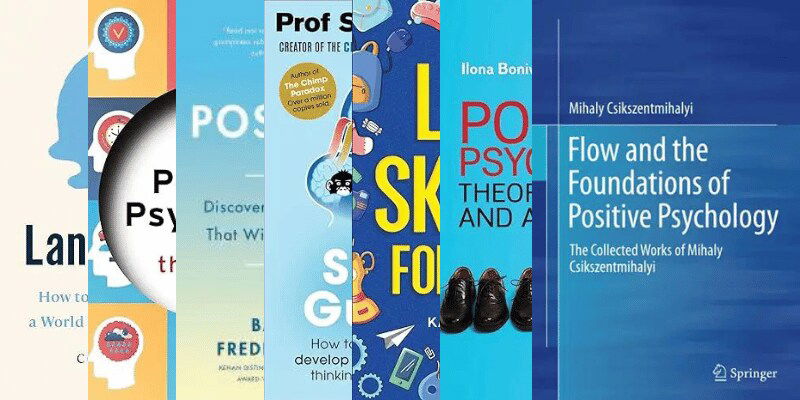Self-knowledge in psychology refers to understanding oneself on a deeper level, including one’s thoughts, feelings, behaviors, and motivations. It is a crucial aspect of personal development and growth, as it helps individuals enhance their self-awareness, improve their relationships, and make more informed decisions in various aspects of their lives. In this article, we will explore the concept of self-knowledge in psychology, providing eight examples and theories that demonstrate its importance and relevance.
1. Self-awareness: Self-knowledge starts with self-awareness, which involves being conscious of one’s thoughts, feelings, and behaviors. By being aware of oneself, individuals can better understand their strengths, weaknesses, values, and goals, leading to greater self-acceptance and self-confidence.
2. Self-concept: Self-knowledge also includes developing a clear and accurate self-concept, which is the perception individuals have of themselves. This includes beliefs about their abilities, personality traits, and identity, which can influence how they perceive and interact with the world around them.
3. Self-reflection: Self-knowledge is often gained through self-reflection, which involves examining one’s thoughts, emotions, and behaviors in a non-judgmental way. By reflecting on past experiences and patterns, individuals can gain insights into their motivations, values, and beliefs, leading to personal growth and self-improvement.
4. Self-esteem: Self-knowledge is essential for building healthy self-esteem, as individuals who have a clear understanding of themselves tend to have a more positive self-image. By recognizing their strengths and accomplishments, as well as acknowledging their weaknesses and limitations, individuals can develop a realistic and balanced sense of self-worth.
5. Self-regulation: Self-knowledge also plays a crucial role in self-regulation, which involves managing one’s emotions, impulses, and behaviors in response to different situations. By understanding their triggers and tendencies, individuals can develop strategies to cope with stress, regulate their emotions, and make better decisions in challenging circumstances.
6. Self-identity: Self-knowledge helps individuals develop a sense of self-identity, which is the perceived core of who they are as individuals. By exploring their values, beliefs, and goals, individuals can create a coherent narrative of themselves, forming a strong sense of identity that guides their choices and actions.
7. Self-perception theory: Self-knowledge is a central tenet of self-perception theory, which suggests that individuals learn about themselves by observing their own behavior and inferring their internal states. By reflecting on their actions and experiences, individuals can gain insights into their thoughts, feelings, and motivations, leading to a deeper understanding of themselves.
8. Self-exploration: Self-knowledge can be gained through self-exploration, which involves actively seeking to understand oneself through experiences such as journaling, therapy, meditation, and introspection. By exploring their inner thoughts and emotions, individuals can uncover hidden aspects of themselves, leading to greater self-awareness and personal growth.
In conclusion, self-knowledge in psychology is a fundamental aspect of personal development that involves understanding and accepting oneself on a deeper level. By developing self-awareness, self-concept, self-reflection, self-esteem, self-regulation, self-identity, and exploring oneself, individuals can gain insights into their thoughts, feelings, and behaviors, leading to personal growth, improved relationships, and overall well-being. By embracing the concept of self-knowledge, individuals can cultivate a deeper sense of self-awareness and authenticity that can enhance their lives in profound ways.



